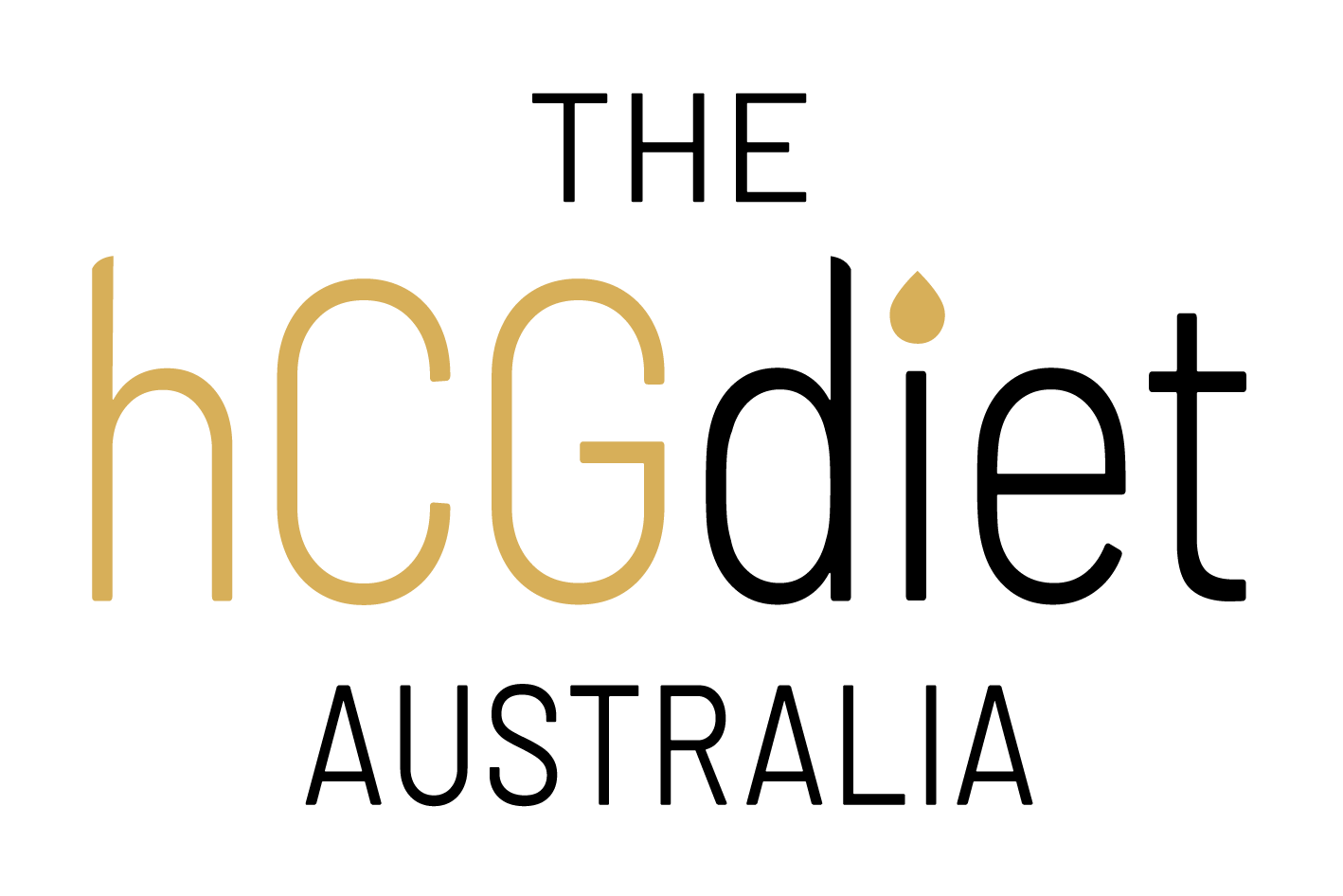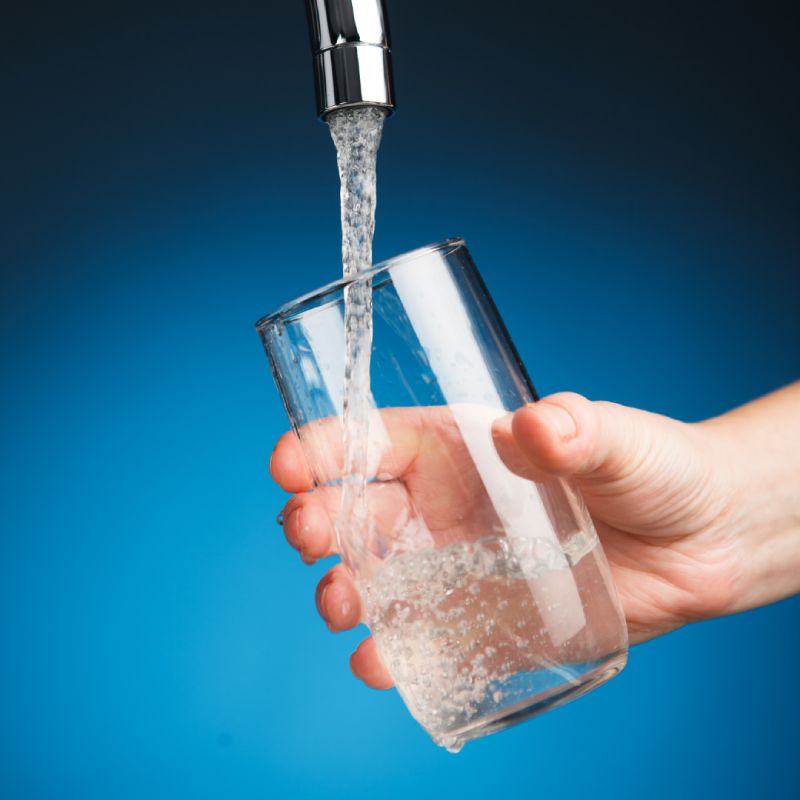Are you drinking enough water? We have heard before how important it is that we drink water, that we should drink approximately 8 glasses a day blah blah blah! For the majority of us have even tried this before, probably several times in our lives however, then we have found that we are constantly running to the toilet which let’s face it, is both annoying as well as inconvenient.
So why do the so-called health experts insist that we increase our water intake? What are the benefits of drinking water?
-
To help lubricate the joints
Cartilage which is found In your joints, and the disks of your spine contain proteins that become almost gel like when they are exposed to water. This gel-like liquid provides lubrication and acts like a shock absorber to your joints which lessen the impact of stress on your joints during exercise. When your body becomes dehydrated as you could imagine this significantly impacts the joints and over time leads to joint pain.
-
Water helps form saliva and mucus
Saliva is imperative to the digestive process and
contains the enzyme amylase that breaks down starch’s maltose and dextrin. Saliva also moistens the food we eat that forms a bolus so that the food can be swallowed easily. Drinking water will also lubricate the mouth, nose and eyes preventing friction and damage.
-
Water is anti-ageing
– yep you heard that right. If you are dehydrated, you will become more prone to premature wrinkling.
-
Water cushions the brain and spinal cord
Dehydration can have an affect on the brain structure and function. It also plays a role in hormone and neurotransmitter function. Prolonged dehydration can lead to issues with thinking and reasoning.
-
Water regulates body temperature
When your body heats up if it has no way of cooling then overheating or heat stroke will occur. When you sweat and starts evaporating this cools the body.
-
Water flushes toxins from the body
Water is imperative for bodily functions such as sweating, urinating, and defecating. Without water the bowel will not function optimally, and constipation will occur and there will also be an increase in acid? Increasing the risk of heartburn and stomach ulcers.
-
Water helps balance blood pressure
Dehydration causes increased blood viscosity, the thicker the blood the more increased risk of inflammation.
-
Water helps prevent kidney stones
Our kidneys regulate the fluid in our body. Lack of water can lead to kidney stones and potentially kidney damage down the track. If the kidneys do not function properly, waste products and excess fluid can build up inside the body. The leading cause of kidney stones is lack of water. increasing fluid intake to enable 2 litres of urination a day could decrease the risk of stone recurrence by at least half with no side effects.
-
UTI Prevention
Another reason water is beneficial particularly when dieting is to prevent Urinary tract infections (UTIs) are the second most common type of infection in the body. Around 1 in 2 women and 1 in 20 men will get a UTI in their lifetime. There are different types of UTIs and remember, when you are dieting your body is dumping toxins, increasing your risk of developing a UTI. Drinking plenty of water is a simple way to reduce the risk of developing a UTI and to help treat an existing UTI.
-
Water may assist with weight loss
- Some of the reasons that water is beneficial when dieting includes: Helping to boost your metabolism and acting as an appetite suppressant. Drinking water between meals will help reduce cravings and may also prevent overeating by creating a sense of fullness. The brain is not able to decipher whether you are hungry or thirsty therefore, we often mistake thirst for hunger or sugar cravings. Before grabbing an unnecessary snack try drinking a glass of water first. Drinking water before a meal may also promote weight loss by filling you up therefore, you eat less during a meal. Drinking water also helps your body to stop retaining water, helping you to shed the excess water weight. Water acts like an appetite suppressant, and drinking before meals can make you feel fuller, reducing the amount of food that you eat.
- “Drinking water is important during weight loss because it provides hydration without unwanted calories. Drinking non-caloric fluids like water before or with a meal can help a dieter feel full sooner,” explains Donna Logan, RD, a registered dietitian at the University of Texas Medical School in Houston. “So, in addition to not adding calories, drinking water may help replace or avoid unnecessary food calories found in snacks or extra servings at mealtime. Drinking water also helps flush wastes from the body, which is especially important during times of fat metabolism and weight loss.” Fatty tissue has less water than lean tissue.
-
Water may improve mood and memory.
Mild dehydration can impact memory and mood.
-
Do you suffer from headaches and migraines?
Dehydration or a lack of water may increase the risk of headaches or migraines in some individuals.
What are some things that you can do to increase your water intake?
Replace drinks that are high in calories with water. Stop drinking soft drinks and high calorie juices with water. I understand that this can be difficult for some as water can taste quite bland if you are only used to drinking beverages that contain sugar, alcohol, or caffeine. Drinks such as soft drinks, coffee, and beer, are not ideal because they often contain empty calories. By omitting these drinks, you are more likely to lose weight.
Try instead to add a slice of lemon and lime to your water to add a bit of flavour. Lemon will aid digestion and the pectin in lemons will help reduce food cravings?
How do you know if you’re getting enough water? A general rule is to check the toilet after you’ve gone to the bathroom. You’ll know you’re well-hydrated if your urine is clear or very light yellow in colour. The darker your urine, the more water you need to drink, especially if weight loss is your goal.
What is dehydration?
Dehydration happens if we use and lose more water than the body takes in. It can lead to an imbalance in the body’s electrolytes. Electrolytes, such as potassium, phosphate, and sodium, help carry electrical signals between cells. The kidneys keep the levels of electrolytes in the body stable when they function properly.
When the kidneys are unable to maintain a balance in the levels of electrolytes, these electrical signals become mixed up.
How do we become dehydrated? During everyday functioning, water is lost by the body, and this needs to be replaced. We notice that we lose water through activities such as sweating and urination, but water is lost even when breathing.
It was previously thought that caffeinated beverages had diuretic properties, meaning that they cause the body to release water. However, studies show that fluid loss because of caffeinated drinks is minimal.
“The biologic requirement for water may be met with plain water or via foods and other beverages,” write the study authors. “Results from previous epidemiologic studies indicate that water intake may be inversely related to volume of calorically sweetened beverages and other fluid intake
Water: Drinking Enough to Boost Your Diet
When it comes to water alone, explains Logan, “A general recommendation is to drink eight 8-ounce cups of water per day, for a total of 64 ounces. This is a generalization only, and actual fluid needs are affected by diet, physical activity, body composition, and climate.”
For instance, this number goes up if you exercise — a key to successful weight loss — and even more so in hot weather when it’s possible to lose about the equivalent of a quart of water in an hour, according to the American Council on Exercise. You’ll want to drink water before, during, and after every workout.
Don’t wait to feel thirsty to start sipping — that’s a sign that dehydration has already started to occur. You want to drink water throughout the day, on a regular basis.
Here are some easy tricks to boost your water intake while dieting:
-
Use a water tracker
“A water tracker can just be an app which helps you keep track of how much water you drink. A water tracker can provide a graphic record of eight glasses of water which are checked off as they are consumed. For example, using an app like My fitness pal.
-
Carry a reusable water bottle
Some carry a water bottle with you wherever you go and drink consistently throughout the day, with the goal of drinking all the water in that bottle before you go to bed. Keep in mind after the initial adjustment of drinking more water, you may need to fill your bottle a few times throughout the day depending on your level of activity. For others it may be easier to associate drinking water with routine activities throughout the day, such as drinking fluid at meals, before brushing your teeth, or after feeding the dogs or making the bed,”.
If you want your diet to succeed, you need to drink plenty of water. As mentioned previously water can fill you up, decrease your appetite, and help your body get rid of waste from that fat that you are burning. So, what are you waiting for? Water is freely available, and it’s free.
Liza Brunell

Adv Dip Health Science Naturopathy, Nutrition




